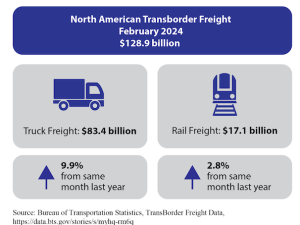GE, the largest U.S. conglomerate, has hired Morgan Stanley to advise it on the sale process, which was kicked off in recent days, said the source, who requested anonymity because the talks are not public.
The company's financial adviser has sent out initial information to potential buyers, including private equity and strategic bidders, and initial bids for the business are due next week, the source said.
GE representatives were not immediately available for comment and Morgan Stanley declined to comment.
The auction of the business comes as the Fairfield, Connecticut-based company trims its GE Capital unit, which Chief Executive Officer Jeff Immelt wants to represent 30 percent to 40 percent of earnings, rather than the more than half it generated before the 2008 financial crisis.
Immelt has been refocusing GE on its industrial businesses and over the last year struck deals worth some $14 billion, most of them in energy infrastructure.
GE is also selling GE SeaCo, a container leasing business, with Deutsche Bank AG advising on that sale.
GE Capital listed the original cost of its railroad rolling stock at $4.3 billion as of Dec. 31, 2010, with a net carrying value of nearly $3 billion.
In 2008, GE tried selling the business in an auction that saw GATX Corp offer more than $3 billion for the unit, but it could not seal a deal because of financing problems as the credit crisis took hold.
CIT Group, a commercial lender, also tried to sell its rail car leasing unit around the same time in 2008, and ultimately pulled it from the market after raising funds through other means.
This time around GE may have better luck selling the business as the financing markets have improved since the credit crisis, and because the auction does not face competition as it did with CIT Group's business in 2008.
Still, financing a large leasing business such as this could prove to be challenging even now, another source familiar with the industry said. (Reuters)







